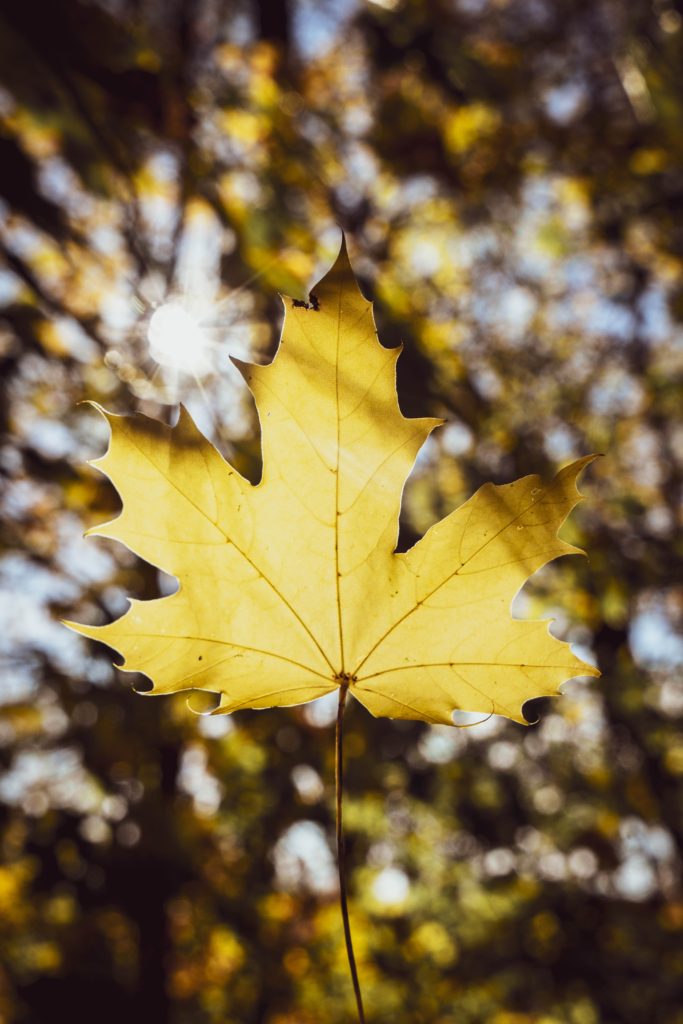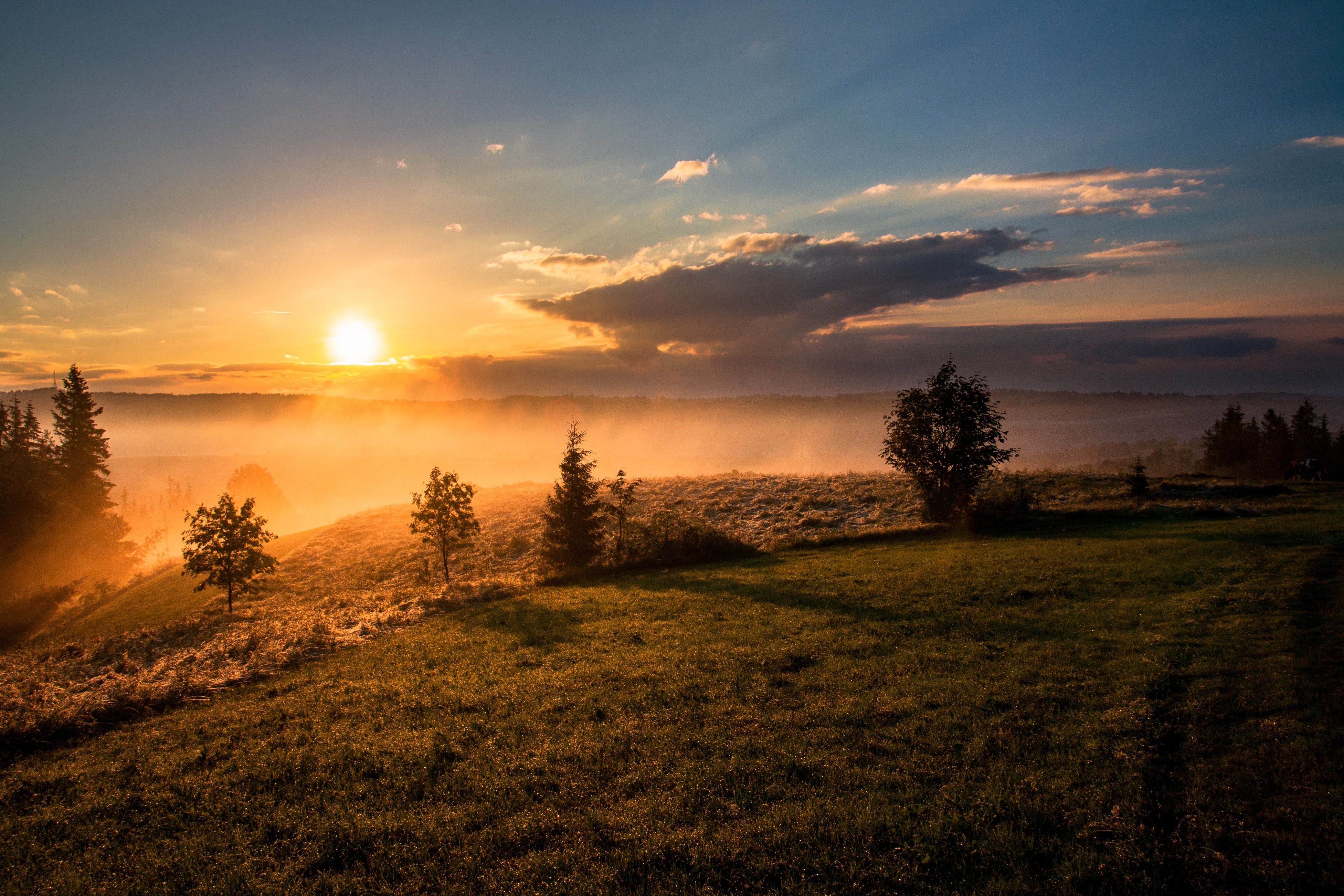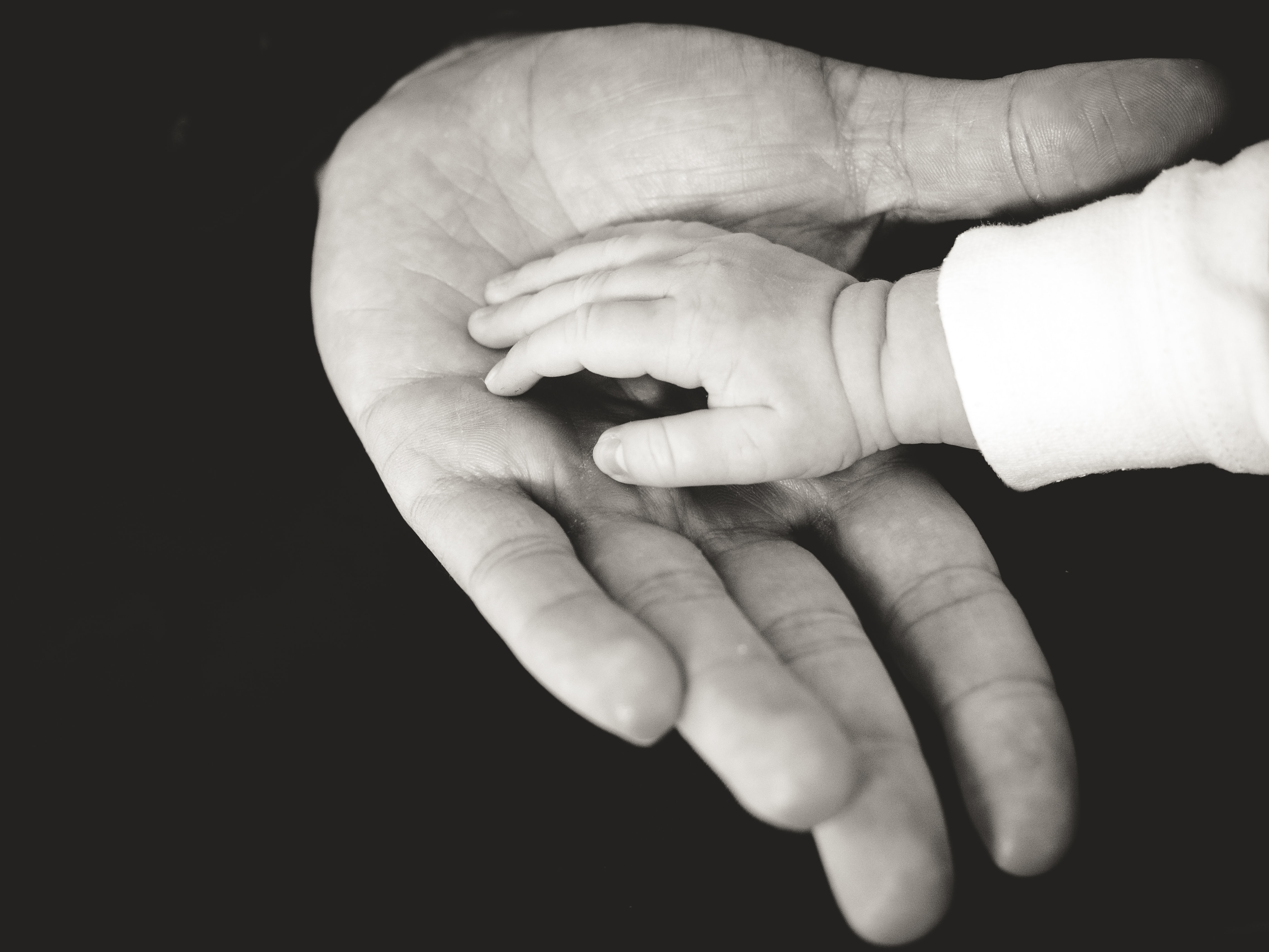There are only two ways to live your life. One is as though nothing is a miracle. The other is as though everything is a miracle.
Albert Einstein
A dear friend gave me a book of daily, inspirational quotes and this was one of them. Most of the quotes I’ve read have been impressive and thought provoking, but this one kept nudging me for attention like a new puppy. Einstein gives only two options for living: to view the world as miraculous or completely miracle free. The last option seems just too depressing, but can we learn to see miracles all around us? At the risk of sounding naive, I think that we can.

Everyday miracles
Our first obstacle to overcome is the popular view that miracles are exceptional. The Cambridge Dictionary defines a miracle as: ‘an unusual and mysterious event that is thought to have been caused by a god because it does not follow the usual laws of nature’. This certainly applies to the miracles in, say, the Bible, but what if miracles were much more everyday affairs (though no less magical).
When I looked for images of miracles online – almost all were of nature. For here, wonders occur every single day. With my dog Hermione wanting to be outside all the time, I am getting more than the average exposure to the beauty of the natural world. And without question it is worth the numb toes and chilly fingers that accompany immersion in the elements at this time of year.

Some of the clouds this morning had the frayed, liquid edges that you get when dropping ink onto wet, watercolour paper. How does this occur on the great canvas of the sky? I have no idea.
The leaves on the tree opposite my back garden have flamed into vibrant reds and orange and are only now starting to drop. The scientific explanation for this is, ‘a compound called abscisic acid triggers a seal to develop at the base of the leaves, before they fall off. This reduces water reaching the leaf and traps the chemicals remaining in the leaves. They gradually break down, changing the colour of each leaf before it drops to the ground.’ (www.kew.org) Good to know. But does it make it any less marvellous? I think not.
Einstein, after all, was the foremost scientist of the 2oth century and he did not see anything as less miraculous because it followed the laws of science. If anything, advanced science is itself a mystery that keeps eluding our comprehension and categorisation. Einstein himself tried, and failed, to construct a theory of everything. The closer we get to an answer, the further it spins away.

We live in a material world and one which we suppose we can control. The cold outside is rebuffed by central heating within; clean water is piped through taps; food is made bountiful by modern farming techniques. Like gods, we command and dominate nature, bending her to our will.
But our cleverness, like that of Daedelus, may not always lead to the desired outcome. If we are willing to relinquish this need always to explain and regulate, we open ourselves to the wonders that elude measurement.
I believe in miracles.
The morning sun scaling the walls of the horizon is a miracle.
The moon standing sentinel in the black of night is a miracle.
Miracles are everywhere. We do not have to wait long or look far to witness one.
